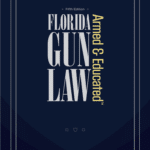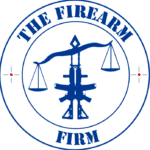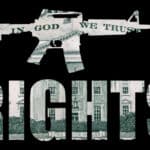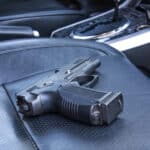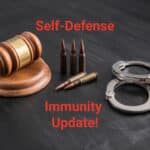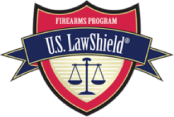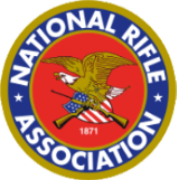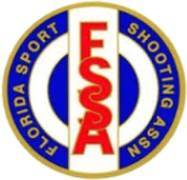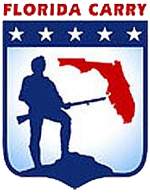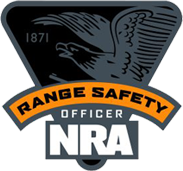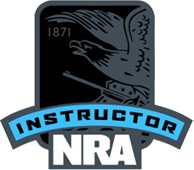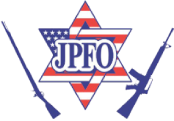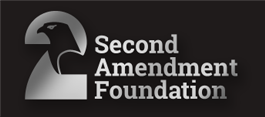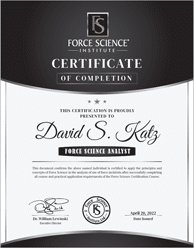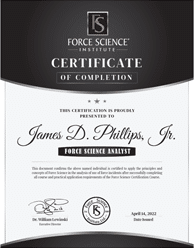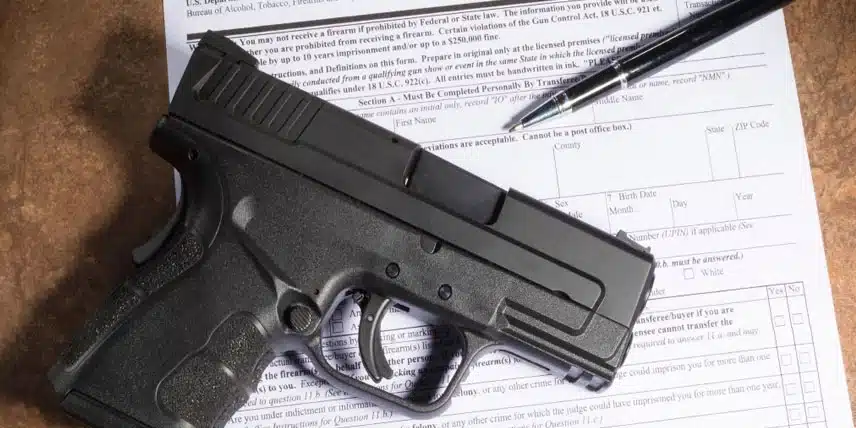
- August 01, 2022
- |
- Background Check,Purchase Law
Delayed or Denied a Firearm Purchase?
BACKGROUND CHECKS AND THE FIREARM PURCHASE PROGRAM
The Gun Control Act of 1968, 18 U.S.C. §921-929, required regulation for the sale and delivery of firearms from a federally licensed firearms dealer (FFL) to an unlicensed buyer. In 1991, the Florida Department of Law Enforcement (FDLE) created the Firearm Purchase Program which was authorized pursuant to Florida Statute §790.065 to regulate the transfer of firearms by FFLs. In 1993, the Brady Handgun Violence Prevention Act required all FFLs to complete a criminal background check on all unlicensed buyers prior to the transfer of a firearm. In all but 13 states, those FFL’s complete the required forms and submit the request to the FBI as the point of contact for completing the background check. In those 13 states, other points of contact are tasked with this responsibility. Florida is one of the 13 states in which the point of contact is not the FBI, rather, the Florida Department of Law Enforcement’s Firearms Purchase Program (FPP), which completes the background check in compliance with Brady.
Buying Process
After a buyer selects a firearm to purchase from an FFL, he or she will be required to complete ATF Form 4473, regarding personal identifying information and a questionnaire concerning eligibility to purchase a firearm. Once ATF Form 4473 is completed by the buyer it will be submitted to FPP by the FFL to conduct a background check. The background check will consist of running the buyer’s information through the National Instant Background Check System (NICS), for criminal history and other databases for possible disqualifying history not related to criminal matters such as injunctions, mental health commitment, and immigration issues. For the majority of buyers, the results should be quick. The background check results come in three variations: 1) approval – in which case your transfer will take place, 2) non-approval – in which your transfer will not take place, and 3) delayed/pending – in which case, something in your background requires additional research in order to make the determination that you are not disqualified.
Reasons for a Delay or Denial
If a buyer receives a delay or denial decision from FFP it usually because of one of two reasons. The first reason is because there is a problem with the buyer’s historical criminal history records, such as a formal arrest but no disposition of that arrest on file. The second reason for a delay or denial decision is that the buyer is currently going through a problem that could affect his or her eligibility to possess a firearm. Sometimes there is an issue, for example, of missing information on your criminal background check, and/or your name is too similar to someone who actually has disqualifying information in their history that is on your report. And other times, the various clerks of court who are responsible for submitting disposition information to the NICS database when your case is completed, fail to do so or make errors in the process.
Also, some states list different information as part of their data submissions to the criminal databases and leave off information that is needed to complete the background check for Florida firearms purchases. At other times there are more current issues, for example, FDLE indicates that there may be an indictment filed against the buyer, the buyer has had an information filed against them for a current offense that is a felony, or may have an injunction against them, and FDLE is not yet able to confirm these issues.
What to do if Delayed
When a buyer has received a delayed decision, the FFL where he or she attempted to purchase a firearm will be given a “queue” number by FPP. This number is different than an approval or non-approval number as it is more of a transaction number used for tracking your purchase request.
Once you get the reason for the delay, and if the delay is related to a criminal history issue, the buyer may either wait for the FPP to complete the additional background research or take a faster route by obtaining the necessary records themselves which is usually the fastest route to complete the background check. If criminal history shows an old prior criminal charge(s), the buyer may reach out to the clerk of court of the county in which you were charged to obtain a certified copy of the final disposition of the case. Once the buyer receives this document, he or she can email a copy to the Firearms Eligibility Bureau Eligibility Research Unit at, FPP@fdle.state.fl.us.
If on the other hand, the delay is the result of a more current issue as previously discussed, then the FPP will issue a conditional non-approval number. Florida Statute §790.065, provides that FDLE has 24 working hours within which to make a determination that the buyer is prohibited from receiving or possessing firearms. These are 24 working hours which have been defined to mean the hours from 8:00a.m to 5:00p.m., Monday thru Friday, and a result, actually means 72 hours. If FPP makes the determination that the buyer is not prohibited or if the department cannot make that determination, the buyer will be given a conditional approval number. If it is later determined that the buyer is prohibited from owning firearms, it shall immediately revoke the conditional approval number and notify law enforcement. If it is determined that the buyer is in fact prohibited, then the conditional approval number will become a non-approval number.
Although Florida statutory law as stated above lays out the specific procedures for FDLE’s FPP to follow in making its decision concerning the disqualification of a potential firearm purchaser. The Legislature’s intent in these passages is made with mandatory language requiring FPP to follow without exception. Unfortunately, FDLE’s FPP consistently refuses to follow these steps and delays firearms purchases not for the permissible allotted time period (24 working hours), rather, for weeks and even months on end. This Firm, along with Florida Carry, has filed a civil lawsuit against FDLE in which you may be able to join as an aggrieved party should you find yourself in a similar situation concerning your recent attempt to purchase a firearm. (Click, here, for more information regarding the lawsuit against FDLE.)
What to do if Denied
Many times, people are actually denied the purchase of firearms, and simply getting additional documentation is insufficient to correct the issue. There is an appeal process when the FPP issues a denial. Appeal forms must be filled out and submitted within 60 days of the non-approval. Anyone wanting to appeal will have to submit a new set of fingerprints on the proper form and completed by a law enforcement agency in addition to their appeal forms. If the FFL where the attempted purchase was made does not have the proper appeal forms, they can be download directly from the FPP website. If the denial of a firearm purchase was made erroneously, a buyer can apply for a FBI Voluntary Appeal File, and at the same time file for a Unique Personal Identification Number (UPIN) under the federal appeals process. All appeals must be submitted to the NICS, Appeal Service Team (AST), in writing or from the FBI website. Upon successful completion of your appeal, a UPIN number will be given, which can be used on ATF Form 4473 to prevent future firearm purchases from being denied or delayed.
This article has discussed purchasing a firearm from an FFL. Want to learn more about purchasing a firearm in a private sale, click here!
Get in touch

"*" indicates required fields
Copyright © 2022-2025 The Firearm Firm All rights reserved.

